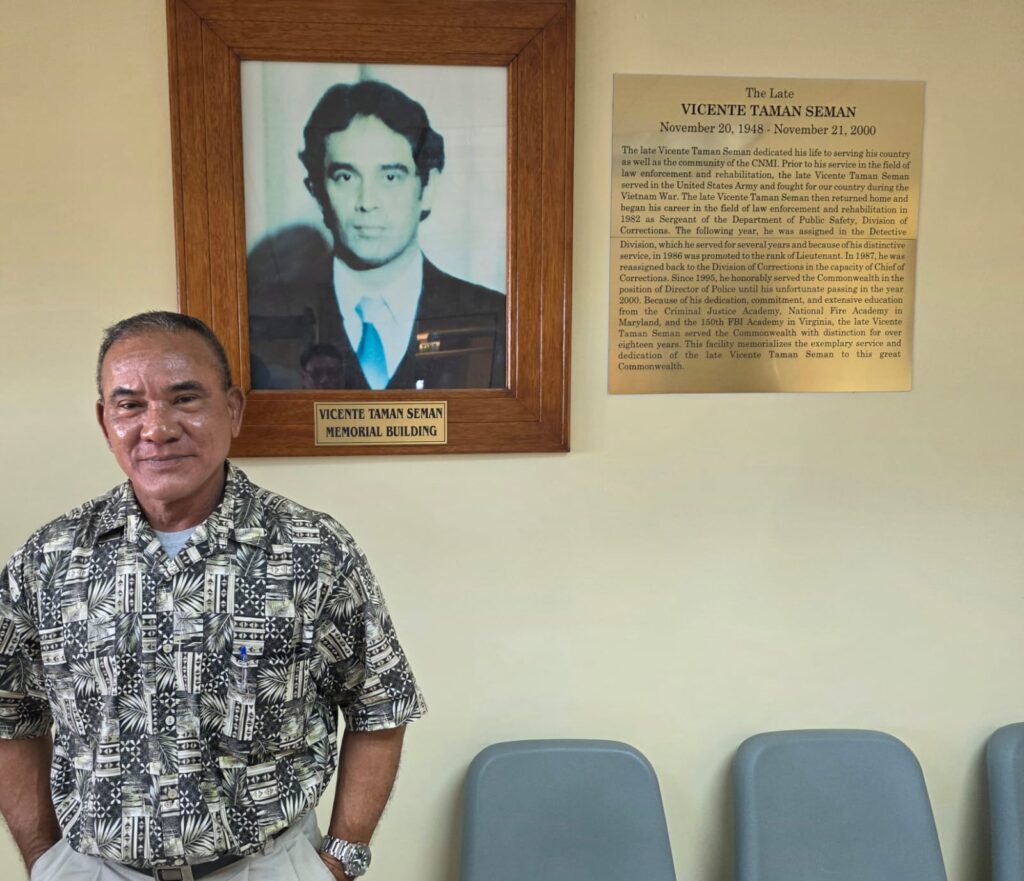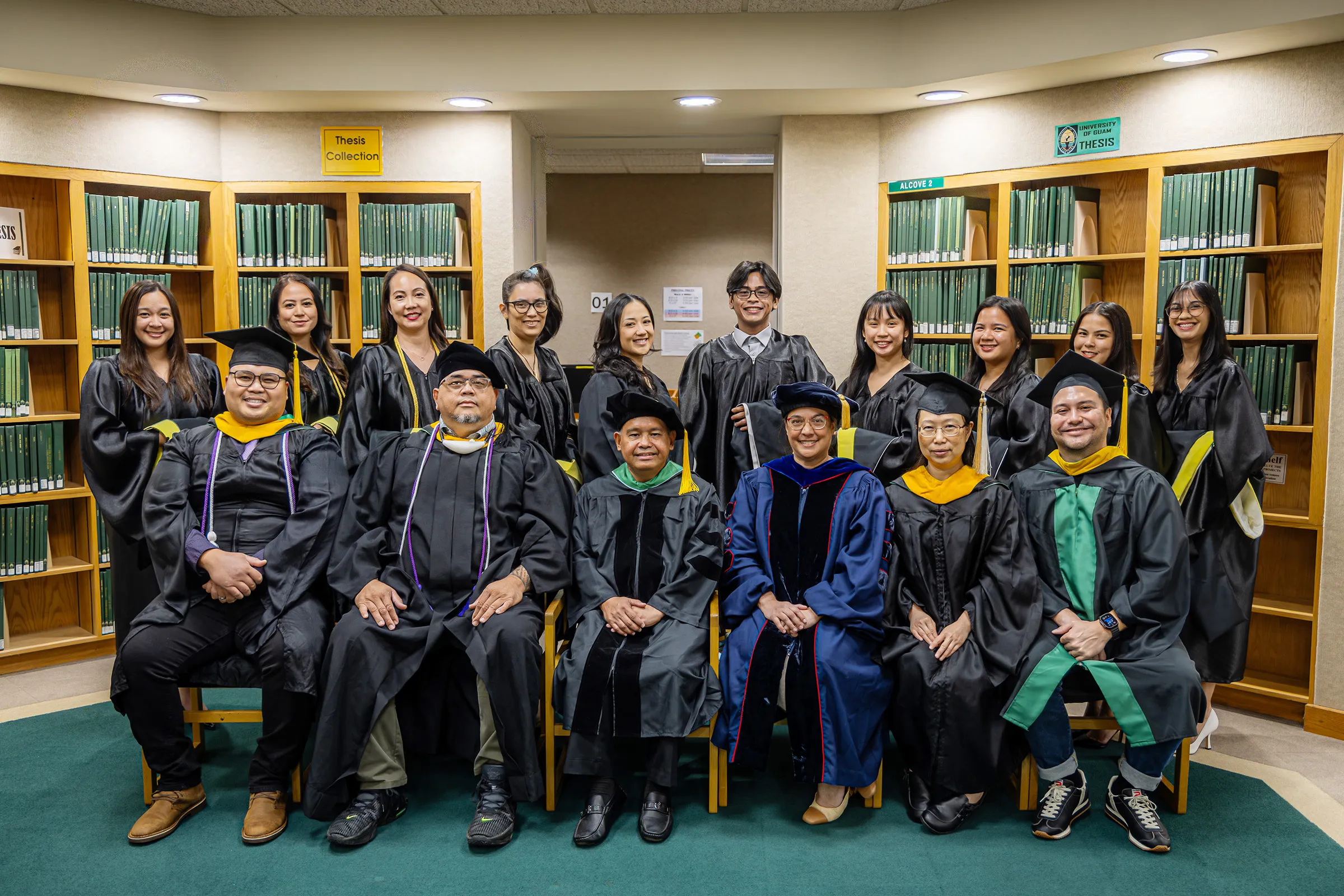
The CNMI Board of Parole on Wednesday approved the parole application of Joy I. Fred, who is serving time for kidnapping, while denying the applications of Randy Igisomar and Carlos A. Ramangmou.
Board Chairman Christopher Leon Guerrero said parole decisions are made by majority vote.
“Fred got a good evaluation from the institution — that’s what helped him,” Leon Guerrero said.
As for Igisomar and Ramangmou, he added, “They have inefficient sponsors, and based on our findings, they are not ready to be integrated back into the community.”
Parole board members Francine Nekai, Lucinda Selepeo, Maryanne Palacios, George Hocog, and Ricardo Barcinas were present during the deliberations.
Fred was originally charged in 2014 with kidnapping, conspiracy, aggravated assault and battery, theft of a vehicle, and disturbing the peace. He pled guilty to kidnapping and was sentenced to 28 years and 10 months in prison, with five years suspended.
Igisomar is serving a 22-year sentence for first-degree murder committed during a burglary and robbery.
Ramangmou was initially charged with attempted first-degree murder, robbery, kidnapping, aggravated assault and battery, and theft of a vehicle. He pled guilty to kidnapping and received a 20-year sentence, with eight years suspended.
Chief Prosecutor Chester Hinds opposed all three parole applications.
He said Fred is not suitable for release, noting that he has served only 10 years of his sentence.
“The inmate is being disingenuous when he says he has learned from his mistakes and that he has now learned healthy coping skills,” Hinds said. “There is nothing from his record that shows that.”
Hinds also cited disciplinary reports against Igisomar, saying his behavior in prison shows “significant signs” of noncompliance with rules and laws.
As for Ramangmou, Hinds said, “He has been sanctioned almost every year he has been incarcerated. His record shows that he has not done anything in DOC but got into fights and smoked marijuana. He has not done any work release, community service, or received any certificates or awards.”
In 2014, then-Gov. Arnold I. Palacios issued an executive order transferring parole services and programs to the Division of Parole under the Department of Corrections. The Board of Parole remains a separate quasi-judicial body under 6 CMC § 2401.









